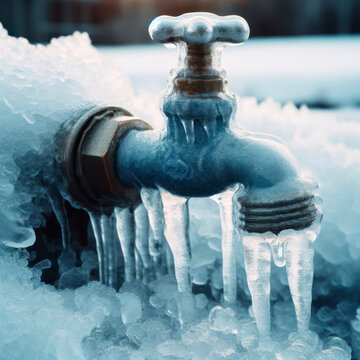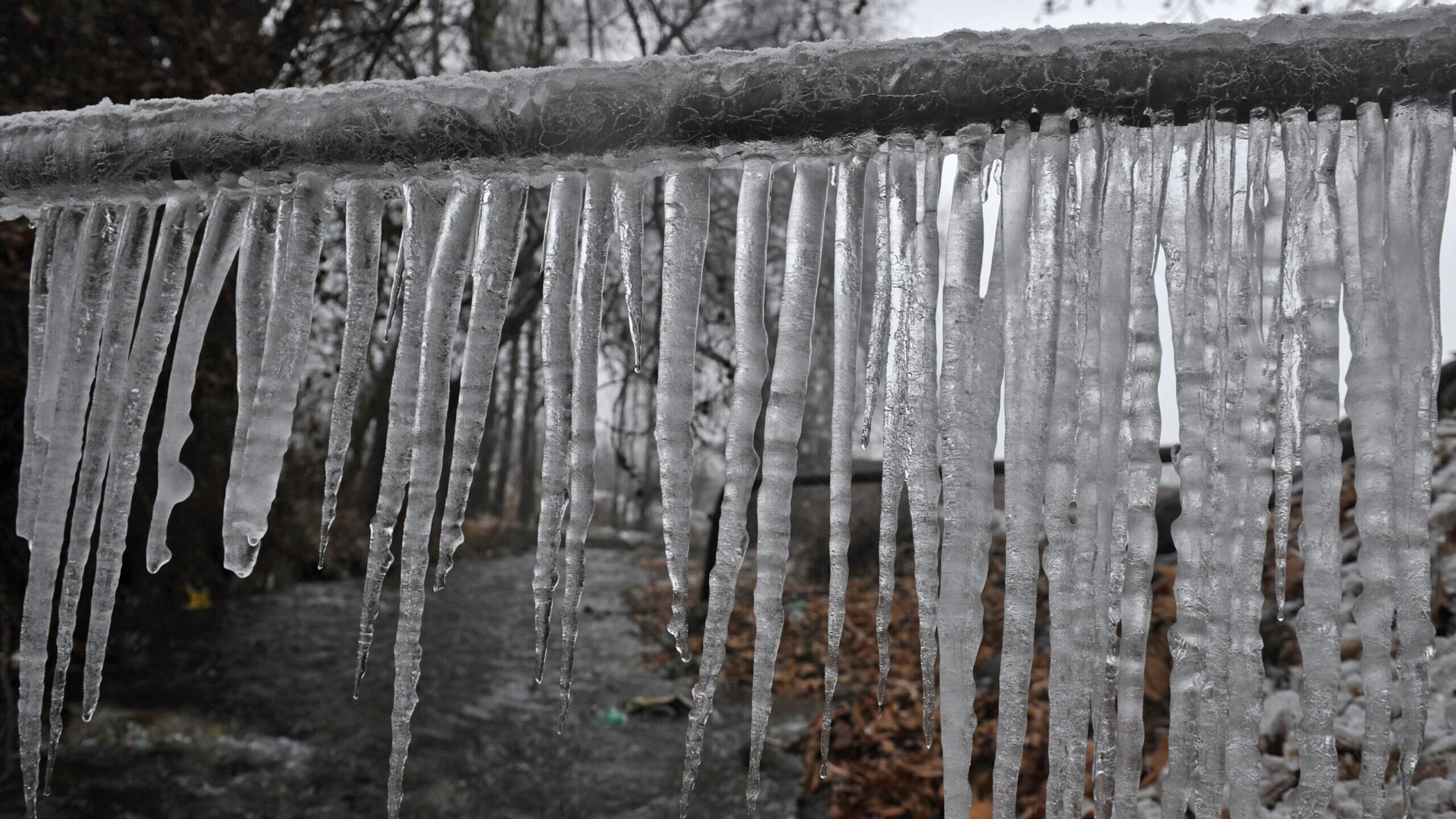The content which follows about Prevent Frozen Pipes is truly interesting. You should investigate for yourself.

Cold weather can ruin your pipes, particularly by freezing pipelines. Below's just how to prevent it from happening and what to do if it does.
Introduction
As temperatures decrease, the risk of frozen pipelines rises, potentially bring about pricey fixings and water damages. Comprehending exactly how to avoid icy pipelines is crucial for homeowners in cold climates.
Avoidance Tips
Shielding at risk pipes
Wrap pipes in insulation sleeves or utilize warm tape to secure them from freezing temperature levels. Concentrate on pipes in unheated or external locations of the home.
Heating strategies
Maintain interior rooms sufficiently heated, especially locations with plumbing. Open up cabinet doors to permit warm air to distribute around pipelines under sinks.
Exactly how to recognize frozen pipes
Seek decreased water circulation from taps, unusual odors or sounds from pipelines, and visible frost on subjected pipes.
Long-Term Solutions
Architectural adjustments
Think about rerouting pipelines far from outside walls or unheated areas. Add extra insulation to attics, basements, and crawl spaces.
Upgrading insulation
Purchase high-grade insulation for pipelines, attics, and walls. Proper insulation aids keep regular temperature levels and decreases the threat of icy pipelines.
Shielding Exterior Pipes
Garden hose pipes and exterior faucets
Detach and drain yard pipes prior to winter season. Install frost-proof spigots or cover outside taps with shielded caps.
Recognizing Frozen Pipelines
What causes pipelines to freeze?
Pipes ice up when exposed to temperature levels listed below 32 ° F (0 ° C) for extended durations. As water inside the pipes freezes, it broadens, putting pressure on the pipeline wall surfaces and potentially causing them to rupture.
Threats and problems
Icy pipes can result in water disruptions, property damage, and costly repair services. Ruptured pipelines can flooding homes and create considerable architectural damages.
Indicators of Frozen Pipes
Recognizing icy pipelines early can prevent them from bursting.
What to Do If Your Pipelines Freeze
Immediate activities to take
If you suspect frozen pipelines, keep faucets open up to soothe pressure as the ice melts. Make use of a hairdryer or towels soaked in warm water to thaw pipes gradually.
Final thought
Protecting against frozen pipelines requires proactive steps and fast actions. By comprehending the causes, signs, and safety nets, homeowners can safeguard their pipes during winter.
Helpful Tips to Prevent Frozen Pipes this Winter
UNDERSTANDING THE BASICS: WHY PIPES FREEZE AND WHY IT’S A PROBLEM
Water freezing inside pipes is common during the winter months, but understanding why pipes freeze, and the potential problems it can cause is crucial in preventing such incidents. This section will delve into the basics of why pipes freeze and the associated problems that may arise.
THE SCIENCE BEHIND FROZEN PIPES
When water reaches freezing temperatures, it undergoes a physical transformation and solidifies into ice. This expansion of water as it freezes is the primary reason pipes can burst. As the water inside the pipe freezes, it expands, creating immense pressure on the walls. If the pressure becomes too great, the pipe can crack or rupture, leading to leaks and water damage.
FACTORS THAT CONTRIBUTE TO PIPE FREEZING
Low Temperatures: Extremely cold weather, especially below freezing, increases the risk of pipes freezing. Uninsulated or Poorly Insulated Pipes: Pipes located in unheated areas, such as basements, crawl spaces, or attics, are more prone to freezing. Insufficient insulation or lack of insulation altogether exacerbates the problem. Exterior Wall Exposure: Pipes running along exterior walls are susceptible to freezing as they encounter colder temperatures outside. Lack of Heating or Temperature Regulation: Inadequate heating or inconsistent temperature control in your home can contribute to frozen pipes. PROBLEMS CAUSED BY FROZEN PIPES
- Pipe Bursting: As mentioned earlier, the expansion of water as it freezes can cause pipes to burst, resulting in significant water damage.
- Water Damage: When pipes burst, it can lead to flooding and water damage to your property, including walls, ceilings, flooring, and personal belongings.
- Structural Damage: Prolonged exposure to water from burst pipes can compromise the structural integrity of your home, leading to costly repairs.
- Mold and Mildew Growth: Excess moisture from water damage can create a favorable environment for mold and mildew growth, posing health risks to occupants.
- Disrupted Water Supply: Frozen pipes can also result in a complete or partial loss of water supply until the issue is resolved.
WHY CERTAIN PIPES ARE MORE PRONE TO FREEZING
- Location: Pipes located in unheated or poorly insulated areas, such as basements, crawl spaces, attics, or exterior walls, are at higher risk of freezing.
- Exterior Pipes: Outdoor pipes, such as those used for irrigation or exposed plumbing, are particularly vulnerable to freezing as they are directly exposed to the elements.
- Supply Lines: Pipes that carry water from the main water supply into your home, including the main water line, are critical to protect as freezing in these lines can affect your entire plumbing system.
- Underground Pipes: Pipes buried underground, such as those connected to sprinkler systems or outdoor faucets, can be susceptible to freezing if not properly insulated.
https://busybusy.com/blog/helpful-tips-to-prevent-frozen-pipes-this-winter/

Do you enjoy more info about Prevent Frozen Pipes ? Try to leave feedback further down. We will be delighted to see your responses about this review. In hopes that you visit us again in the future. Enjoyed our blog? Please quickly share it. Let other people find it. Thanks for taking the time to read it.
Schedule An Appointment